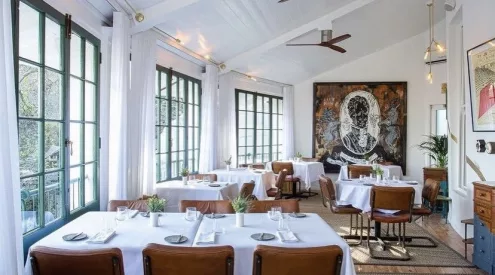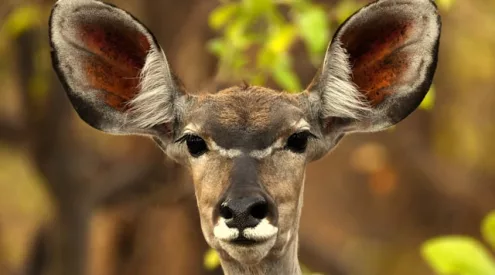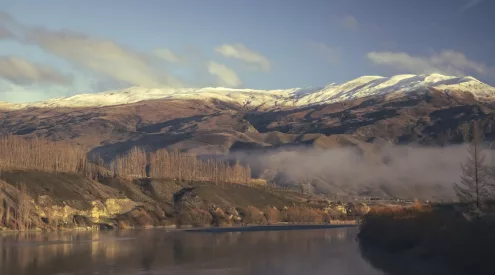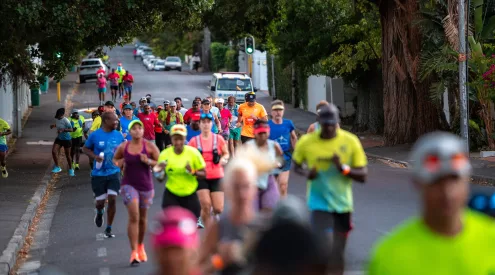The Featherbed Private Nature Reserve on the Western side of the Knysna Heads suffered extensive fire damage in June 2017. Around 95% of the vegetation was destroyed and so were the restaurant facilities, forcing the reserve to close.
A year-and-a-half-later, however, the reserve is once again open for business and taking bookings for its eco-tour (which had been running for 32 years prior to the fires). It is also sporting several new facilities, which will be made available to day visitors in the near future, including an Oyster Bar, offering gin and craft beer-tastings, an indoor Milkwood Restaurant as well as a rooftop bar. The re-opening of the standard eco tour, having been the founding and core product of the company, and the premier tourist attraction in Knysna, has been their priority project.
Nicole Tunmer, Business Development Manager at the reserve, told Tourism Update, “As tragic and distressing as it was, the fire has proved a boon for the biodiversity of the reserve. In the past nine months we’ve spotted many species of birds, seen steenbok and bushbuck, and picked up fresh porcupine quills. And the bugs! We’ve seen the most amazing array of bugs, and – most exciting of all – about a month ago we began to see that the bees had begun to return.”
View this post on Instagram
Since the fire, the reserve has focused on restoring the region’s vegetation. Tunmer also said, “The good news is that the fires didn’t completely burn the seedbed (the stock of seed that was in the soil). This had two positive effects: it meant that the fynbos and indigenous pioneer species were able to germinate in the months following the fires, and it meant that the invasive alien plants – and particularly the rooikrans (Acacia cyclops) – germinated at an amazing rate, too. The reason this is a positive is because it has allowed us to get in with teams of workers, and physically pull the seedlings out by hand while they were still small enough.” This means that, ecologically, the indigenous fynbos of the area has been able to regenerate itself without any unwanted competition.
A lot of famous species such as milkwoods, candlewoods and dune olives have sprouted from their burnt bases, regrowing despite the damage. Featherbed, in collaboration with volunteers from the non-governmental organization, Greenpop, has planted around 800 trees and 1,600 saplings in the reserve.
Do it
Tel: +27 (0)44 382-1693 E-mail: [email protected] knysnafeatherbed.com
Featured image: J Bebington, Instagram
















